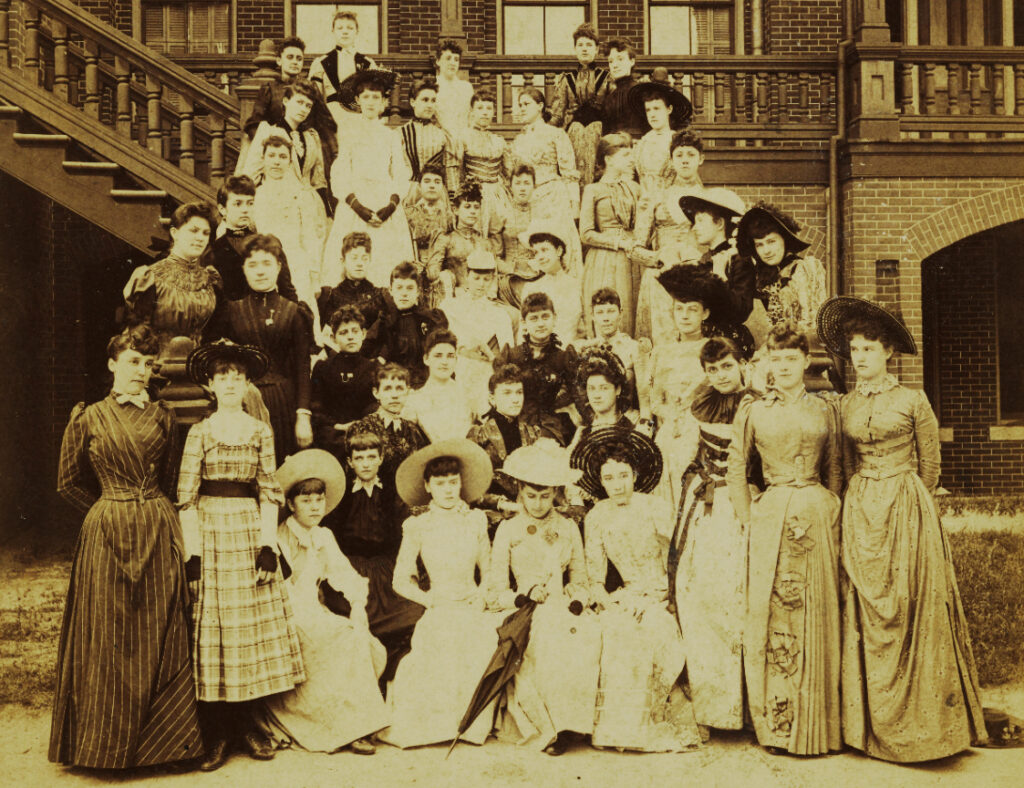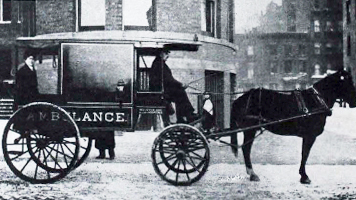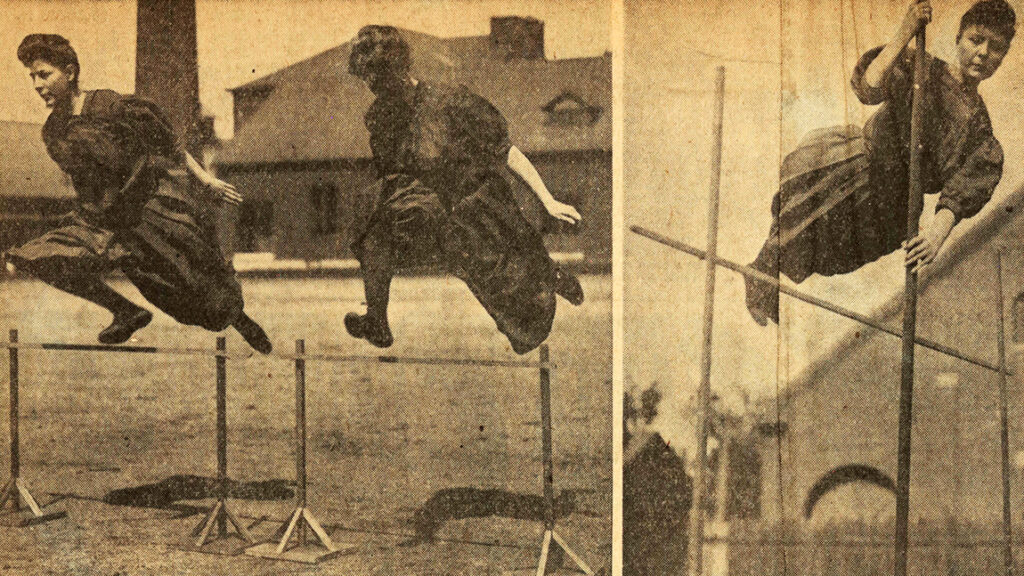There are truly so many unique ways to study history. Our work with sororities has reminded us that informative and complex stories can be found in the most unexpected of places. The more we have learned about these organizations, the more we have realized that while the individual history of sororities is meaningful and fascinating, their archives can speak more broadly to women’s history as well.
History of Women in Education
It’s no secret that the education system excluded women for centuries. Consider the oldest college in the United States. Harvard, established in 1836, did not award undergraduate degrees to women until 1963. Of course, a handful of women-only institutions emerged in the nineteenth century, but very few were co-ed prior to the 1960s. (Oberlin College was the first to transition to co-ed in 1837.) Yet, women remained a minority within higher education. Indeed, it wasn’t until 1981 that 50% of undergraduate degrees obtained were held by women. Despite this resistance, hundreds of thousands of pioneering women persisted in pursuit of knowledge.
Many of the brave women who were among the first to attend colleges and universities saw their male counterparts gathering together in fraternal organizations and thought, yes, we would like that too. Women’s fraternities established themselves to create communities of empowerment and opportunity for their members within the walls of higher learning. As the number of women at universities grew, so did the number of women’s fraternities.
History of Sororities
Alpha Delta Pi became the first secret society for women in 1851. Our friends at Phi Mu became the second in 1852. Kappa Alpha Theta became the first organization established as a Greek-letter women’s fraternity in 1870, and in 1882 Gamma Phi Beta was the first group to refer to themselves as a sorority. It should be noted that most early organizations were founded by and for women who were privileged enough to attend college, meaning wealthy whites.

Since those early days, countless sororities have developed in order to provide a supportive environment for all women — not just while in college, but for life. Simultaneously, women have continued to push boundaries and make strides toward equality. What most don’t realize is that many of those history makers benefitted from a community of sisterhood.

Take our partners at Kappa Kappa Gamma for example. Their alumnae include Betty Robinson Schwartz, gold medalist at the first ever Olympic track event for women, and Dr. Emily Dunning Barringer, the world’s first female ambulance surgeon.

Alpha Phi’s alumnae list includes Georgia Neese Gray Clark, the first female treasurer of the United States. Also on their roster is Ina Gittings, the first woman to ever be photographed pole vaulting and the director of Women’s Physical Education at the University of Arizona, where she introduced many women to activities they had only seen men participate in.
Impact of Sororities
These examples list just a few of the incredible women who joined sororities during their college years and went on to pave the way for the next generation of women. Each one enjoyed the support and solidarity that their community of sisters provided. Many others, far too many to list here, have made similar contributions to women’s history and each one is meaningful, no matter how big or small.
The core reasoning behind the formation of women’s fraternities and sororities rings true today. These organizations continue to provide a network of support and inspiration for young women as they begin their adult lives and enter their careers. They offer leadership training as well as interview prep and salary negotiation tips. Perhaps most importantly, they continue to serve as a lifelong community with a shared history.
We look forward to the opportunity to continue to preserve and share these stories. It’s an incredible gift that our work always presents new perspectives and lenses through which to study our past.
If you’d like to learn more about preserving your legacy, drop us a line. We’d love to chat about how to save your history.






